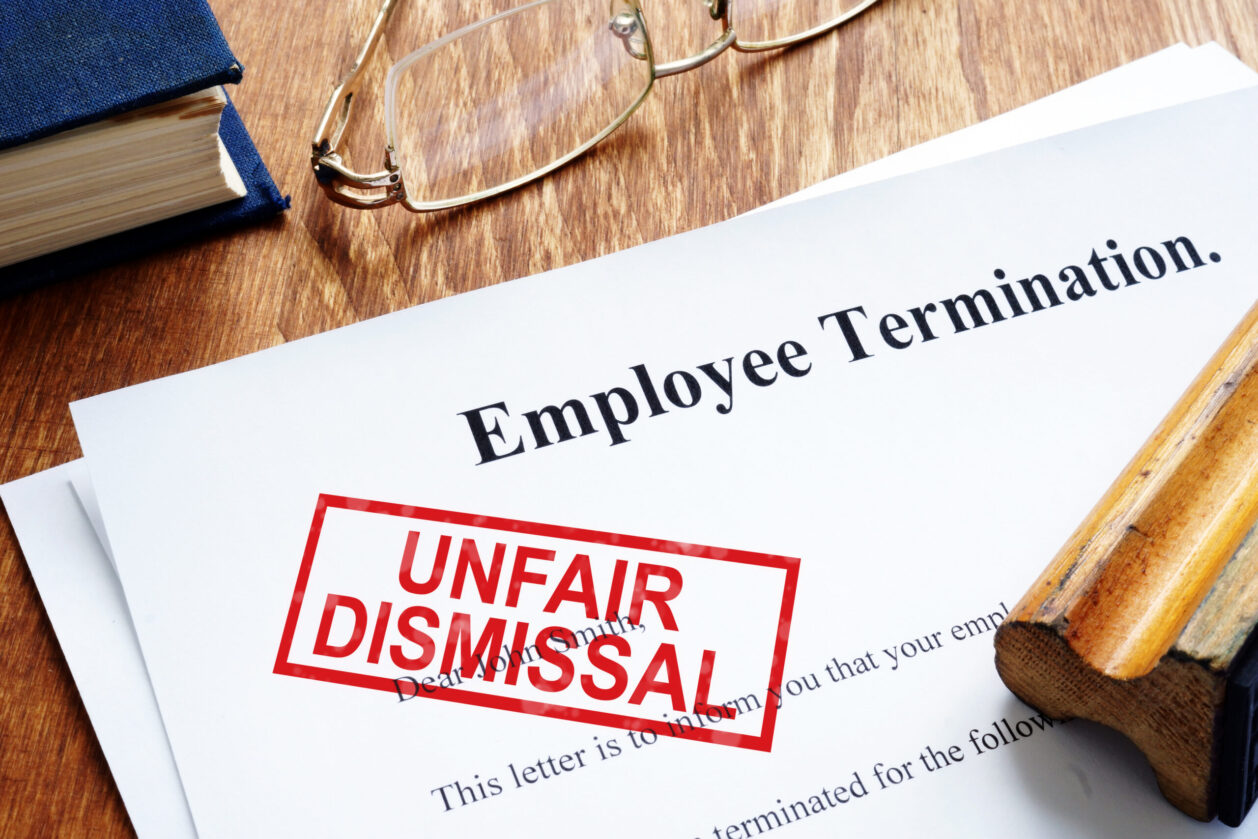Employers should consider undertaking performance appraisals and setting development plans for their workforce to help get the best performance from your employees.
Here are some tips to ensure you undertake an effective performance appraisal process
Prior to the meeting
- Ensure employees are aware of the business objectives on which they will be assessed.
- Consider setting objectives aligned with the SMART principles (specific, measurable, achievable, realistic and time scaled).
- Prepare for the meeting with objective evidence (i.e. training records, customer and colleague feedback and past performance plans).
- Employees should be given an opportunity to complete self-assessments to ensure they are well prepared for discussion.
- Do not wait until the meeting to inform an employee of unsatisfactory performance requiring disciplinary action. Rather, these conversations should occur in a timely manner relative to their occurrence.
- Consider 360-degree feedback: a system whereby information is gathered from a variety of sources (i.e. self, colleagues, managers and customers) to form a broader perspective of the employee.
During the meeting
- Follow an agenda to ensure all discussion points are covered.
- Allow and encourage a two-way discussion.
- When delivering feedback on negative aspects of an employee’s performance, the employee should be given specific examples of this behaviour, an opportunity to respond (mitigating factors) and constructive feedback on how to improve.
- If an employee raises an issue during the meeting, probe further. Ask for specific examples/evidence and how they suggest the problem should be handled. If the complaint is graver in nature (i.e. discrimination allegations), this may require investigation.
- Discuss ideas for a development/action plan which align the employee’s career goals with the company’s plans.
- Agree on action to be taken by both parties.
- Performance appraisal notes can be used as evidence. It is important to take clear notes which avoid offensive, discriminatory or judgemental statements.
After the meeting
- Complete any documentation and record on the employee’s file.
- It is good practice to request the employee sign the appraisal form.
- Develop a plan for the action points. This may include training or development opportunities and skill development.
When performance appraisals are done correctly, they can have a positive impact on your workforce. You may also like consider implementing performance incentive plans (linking performance and reward) and/or workforce development plans.
For further assistance on how these may benefit your organisation, contact CCIWA’s Employee Relations Advice Centre on (08) 9365 7660 or [email protected].






